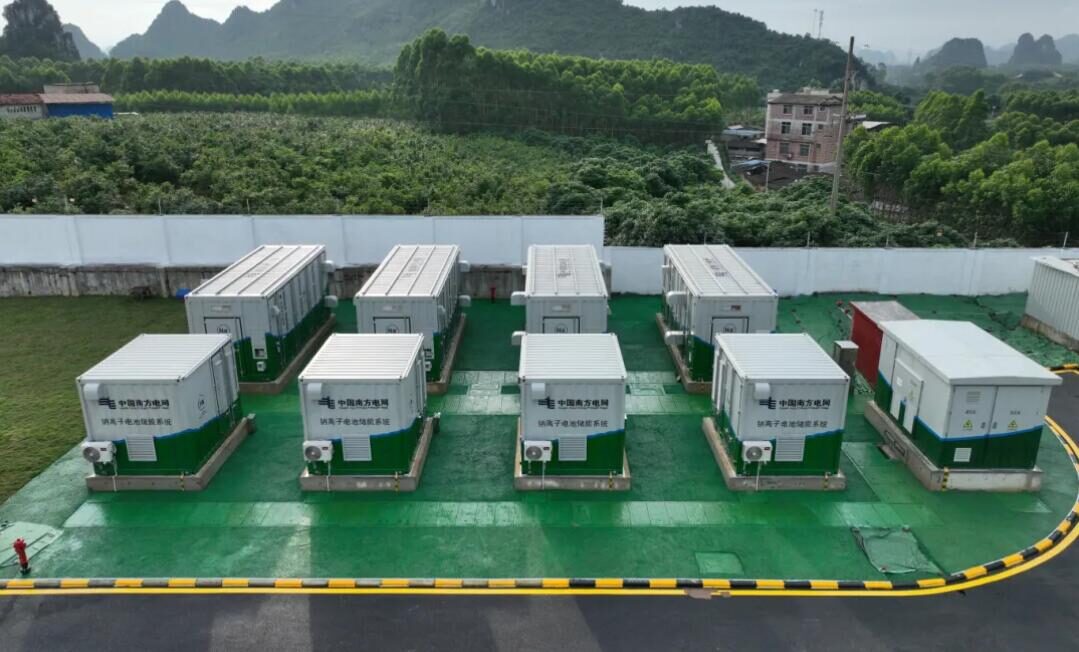From pv magazine LatAm
A significant political crisis unfolded in Bolivia last week as soldiers led by Army Commander General Juan José Zúñiga rammed armored vehicles into the Bolivian government palace, calling to “restore democracy and free political prisoners.”
President Luis Arce rebuked Zúñiga in front of reporters, describing the incident as a failed coup attempt. However, former President Evo Morales and other individuals have referred to it as a “self-coup” designed to strengthen Arce's position. Arce has denied this, attributing the claims to Morales' desire to return to politics despite legal disqualification.
Instead, Arce tried to link the incident to foreign entities interested in exploiting Bolivia's lithium reserves. He said the unrest is tied to Bolivia's lithium wealth – a recurring theme since the nation's 2019 political crisis. He said external and national interests are seeking control, driven by Bolivia's lithium and rare earth resources. The dispute echoes Morales' claims that previous unrest stemmed from US interests in the Bolivian lithium sector.
“These interests seek our natural resources,” he said in a recent interview with Spanish newspaper El País. “Bolivia is the main world reserve of lithium, it also has rare earths that are what the planet needs today.”
Despite allegations, concrete evidence linking foreign interests to recent events remains scant. US statements, including comments from Tesla CEO Elon Musk and several military officials, have driven speculation, but have lacked conclusive proof.
Popular content
Bolivia holds approximately 23% of global lithium reserves and is pursuing industrialization through technologies like direct lithium extraction (EDL) and evaporation methods. However, efforts to turn these resources into tangible outcomes have been held back by political issues and regulatory challenges.
Several foreign companies – including ACI Systems, TBEA Group, CATL, Uranium One, Posco, and Eramet – have shown interest in Bolivia's lithium sector, with varying degrees of success and setbacks. India's Altmin plans to develop a lithium-ion battery pilot plant in Potosí, underscoring ongoing international interest in Bolivia's strategic minerals.
This content is protected by copyright and may not be reused. If you want to cooperate with us and would like to reuse some of our content, please contact: editors@pv-magazine.com.



By submitting this form you agree to pv magazine using your data for the purposes of publishing your comment.
Your personal data will only be disclosed or otherwise transmitted to third parties for the purposes of spam filtering or if this is necessary for technical maintenance of the website. Any other transfer to third parties will not take place unless this is justified on the basis of applicable data protection regulations or if pv magazine is legally obliged to do so.
You may revoke this consent at any time with effect for the future, in which case your personal data will be deleted immediately. Otherwise, your data will be deleted if pv magazine has processed your request or the purpose of data storage is fulfilled.
Further information on data privacy can be found in our Data Protection Policy.